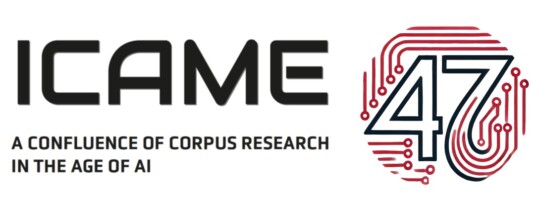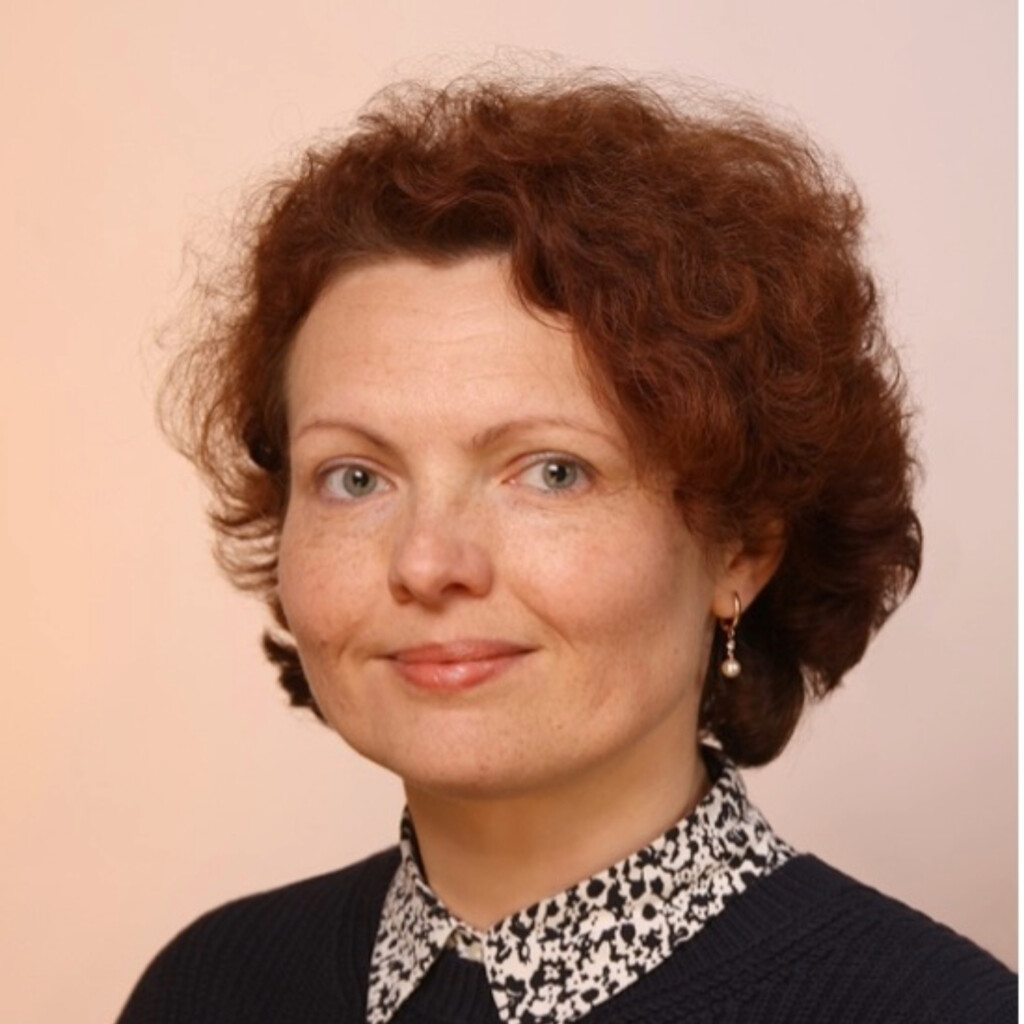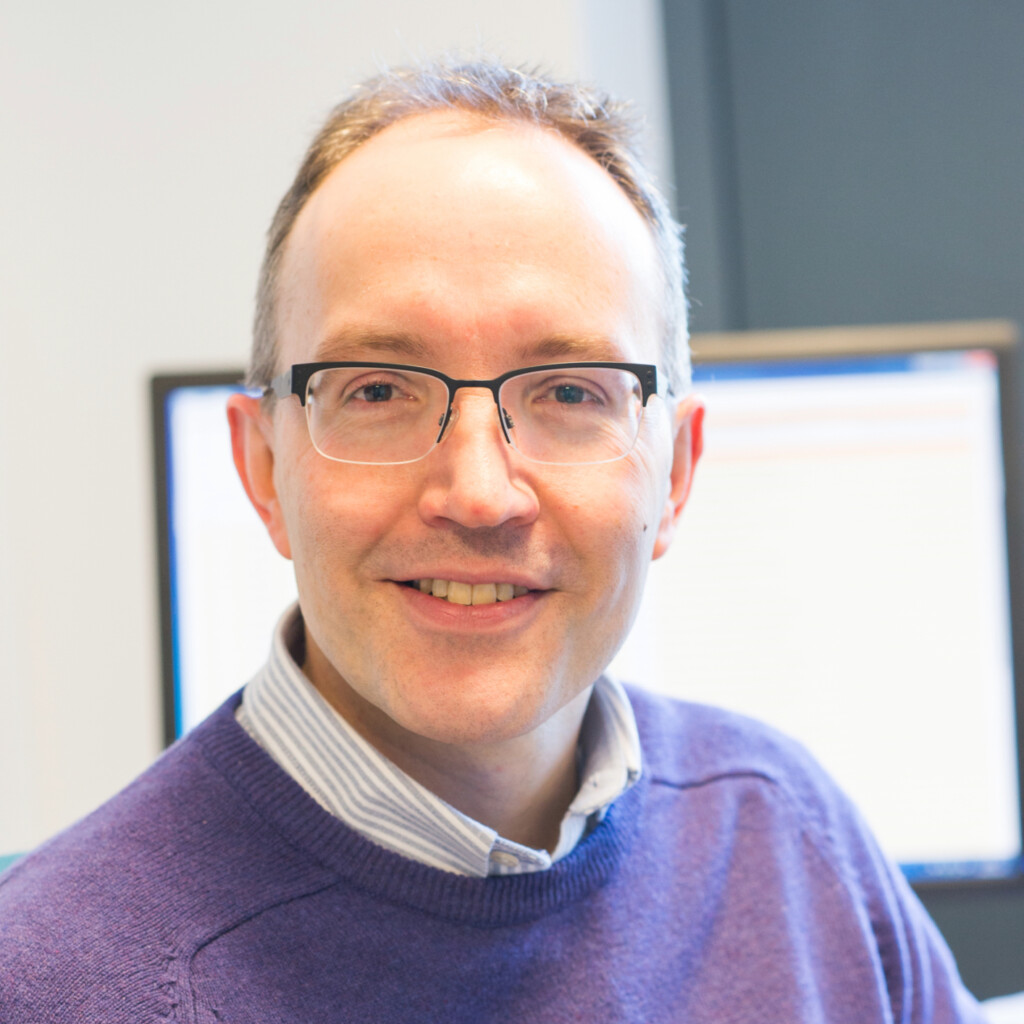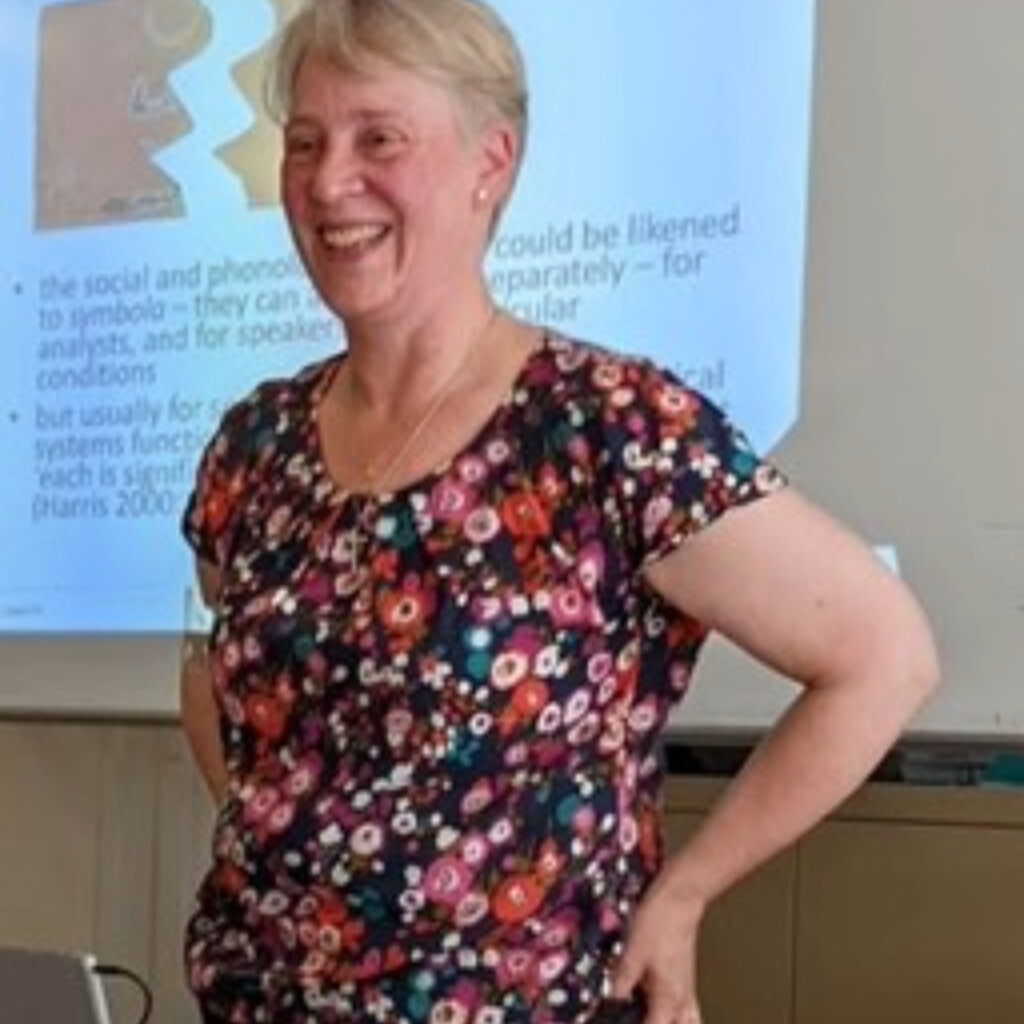Programme
26-30 May 2026, Koblenz (Germany)

Keynote speakers
Laurence Anthony
Laurence Anthony is Professor of Applied Linguistics at the Faculty of Science and Engineering, Waseda University, Japan, where he serves as a founding member of the Center for English Language Education in Science and Engineering (CELESE). His main research interests are in language data science, AI, corpus linguistics, educational technology, and English for Specific Purposes (ESP) program design and teaching methodologies. He received the National Prize of the Japan Association for English Corpus Studies (JAECS) in 2012 for his work in corpus software tools design, including the creation of AntConc.
Natalia Levshina
Natalia Levshina is an assistant professor of communication and computational methods at Radboud University. Her main research interests are linguistic typology, corpora, cognitive and functional linguistics. She also teaches courses on different topics around AI, including Deep Learning and Large Language Models, chatbots and algorithmic bias. After obtaining her PhD at the University of Leuven in 2011, she worked in Jena, Marburg, Louvain-la-Neuve, Leipzig, where she got her habilitation qualification in 2019, and at the Max Planck Institute for Psycholinguistics in Nijmegen. She has published a book “Communicative Efficiency: Language structure and use” (Cambridge University Press, 2022), in which she formulates the main principles of communicatively efficient linguistic behaviour and shows how these principles can explain why human languages are the way they are. Natalia is also the author of a best-selling statistical manual “How to Do Linguistics with R” (Benjamins, 2015).
Jonathan Culpeper
Jonathan Culpeper is Professor of English Language and Linguistics at Lancaster University, UK. His research spans pragmatics, stylistics and the history of English, all of which he has pursued at some point through corpus methods. A major publication in historical corpus linguistics is Early Modern English Dialogues: Spoken Interaction as Writing (2010, CUP; with Merja Kytö). He is currently leading the corpus-based £1 million AHRC-funded Encyclopaedia of Shakespeare’s Language project, which will provide evidence-based and contextualised accounts of Shakespeare’s language.
Jane Stuart-Smith
Jane Stuart-Smith has been Professor of Phonetics and Sociolinguistics at the University of Glasgow since 2013, first joining the University in 1997 as Lecturer in English Language, where she has worked with colleagues to develop the Glasgow University Laboratory of Phonetics (GULP). With members of GULP and collaborators outwith Glasgow, she considers the many relationships between speech and society, taking the rich linguistic variation in Scotland as the basis for her work (e.g. Sounds of the City). More recently, she has been using corpus phonetic techniques to consider phonetic and phonological variation over space and time in the Englishes of the British Isles and North America (SPeech Across Dialects of English – SPADE), and is currently examining Variability in Child Speech, in a large longitudinal and cross-sectional cohort of typically-developing children in Scotland. Jane also works closely with colleagues in Scotland to promote the public understanding of phonetics by developing accessible web resources for speech and accents (e.g. Seeing Speech; Dynamic Dialects; STAR).





